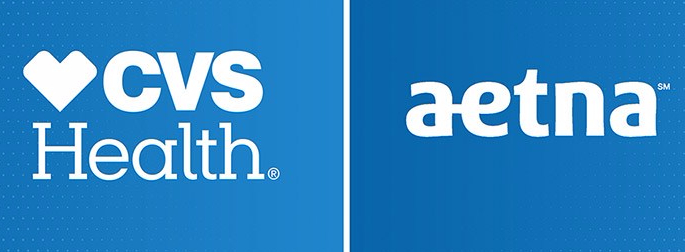How a new wave of social clubs in Lagos mirrors global shifts in third spaces, exclusivity, and the psychology of belonging.
Introduction: Something’s Changing in Lagos
On a recent return to Lagos, something felt different. Beneath the surface of the city’s usual bustle—tech conferences, gallery shows, rooftop brunches—there was a quieter transformation taking place. Discreetly, new social clubs were emerging. Not the old-guard kind with blazers and brandy. These were intimate, design-forward spaces that attracted a different crowd: 25 to 40-somethings with sneakers, strategy decks, and a soft spot for natural wine.
It wasn’t just a vibe shift. It was cultural infrastructure being rebuilt in real time. And interestingly, Lagos might be ahead of the curve here—outpacing similar movements happening in London, New York, and Johannesburg.
A Brief History of Belonging: From Pre-Colonial to Post-Modern
Long before modern clubs, West African societies were structured around guilds, age-grade systems, and secret societies that doubled as community centers, spiritual hubs, and informal networks of influence. The Yoruba Ogboni society, for instance, was both sacred and civic—a fusion of ritual, power, and social cohesion.
Then came colonialism, and with it, British-style social clubs—designed for expatriates, later adapted for Nigerian elites. The Ikoyi Club (1938) and the Lagos Motor Boat Club (est. 1950s) became symbols of post-colonial status, complete with golf tees, international tennis, and Scotch-soaked diplomacy. They were exclusive in the traditional sense: formal, generational, and heavily male.
But the world has changed. The idea of belonging has evolved. And so has Lagos.
Why Now?
Across cities worldwide, “third places”—the neutral zones between home and work—are disappearing. Churches are less frequented. Cafés have turned into Zoom hubs. Gyms feel impersonal. People are craving something more human, more intimate, more intentional.
In Lagos, that craving is intensified by the pace and pressure of urban hustle. Enter the modern social club: a curated space for Lagos’s creative class, startup crowd, and culture heads to gather, decompress, and quietly flex.
These aren’t just new nightlife options—they’re sites of identity construction. They serve as both refuge and runway for a generation negotiating local roots and global fluency.
Psychology, Exclusivity & Soft Status
Modern club culture operates on soft power—not who you are, but who you seem to be. The art on the walls, the playlists, the bar menu—these are all semiotic markers in a new form of status signaling. In Lagos, where class and identity are often inherited, these clubs offer a new, more performative—and sometimes more accessible—path to cultural capital.
But there’s a psychological layer too: these spaces function as refuges. For a generation burnt out by constant hustle and the hyper-visibility of social media, they offer intimacy, discretion, and self-definition on one’s own terms.
Curation as the New Hospitality
What makes these clubs unique isn’t the food or the drinks—it’s the intent. Every element is curated to attract a specific kind of person: creative but focused, expressive but serious, local with global fluency. You’re not just going out—you’re entering a room that affirms the version of yourself you’re trying to become.
This echoes a global hospitality shift, where the product is no longer a place or service—but a vibe, a story, a scene. Clubs aren’t just selling access; they’re selling meaning.
But Who Gets In? The Double-Edged Sword
Of course, with curation comes gatekeeping. Membership often requires referrals. Dues aren’t cheap. Aesthetics lean a certain direction. As with their global counterparts, the Lagos scene must reckon with questions of access and representation.
Can these spaces scale without losing their soul? Can they democratize without diluting? If they can answer those questions, they might become more than hotspots. They could be blueprints for a new kind of urban community infrastructure.
Conclusion: Lagos Leading Quietly
Lagos has always held the tension between spectacle and subtlety, chaos and code. The rise of youth-driven social clubs reflects a city—and a generation—in flux. These new spaces aren’t replacing tradition; they’re remixing it. Blending pre-colonial community spirit, colonial club structure, and post-modern identity politics into something that feels… timely.
As cities across the world rethink how we gather, Lagos offers a compelling case study in quiet leadership. If the third space is being redefined globally, Lagos is already living in the future.



